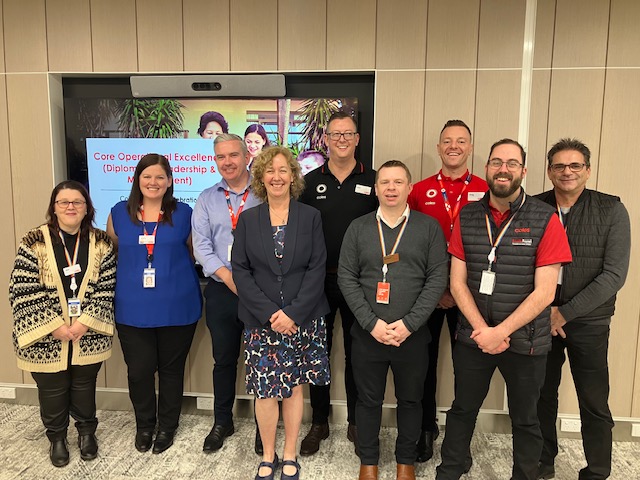Operational Excellence in Claims Management: Scott’s COE Journey
As an experienced manager of complex claims in the financial services sector, Scott was well aware of the unique challenges his team faced. Unlike typical operational teams, his group of experts dealt with high-value claims often involving litigation, each with its own complexities and nuances. Recognising the need for improvement, Scott turned to QBS’s Core Operational Excellence program, which provided him with the tools and strategies to achieve Operational Excellence in Claims Management. Through this program, he identified small, actionable changes that, when combined, delivered significant improvements to his team’s processes and outcomes.
THE ISSUES
Using a sharpened operational excellence perspective, Scott identified several key challenges that needed to be addressed:
- Process documentation was rudimentary with limited standardisation
- An over-reliance on individual expertise and judgement
- A highly technical team – excellent depth but not breadth
- Complex claims that were incorrectly sitting with normal claims teams
ACTIONS TAKEN
Scott worked with his team on a number of targeted actions designed to address theses issues:
- Developed guides and relevant job aides for complex claims
- Standardised case management practices and increased use of templates, where applicable
- Introduced fortnightly team knowledge sharing and lessons learned on large value claims using live case studies
- Implemented a monthly learning calendar of relevant technical topics
- Reinvigorated complex claims referral process
- Allocated claim type based on team member skill
- Engaged quantity surveyors and building consultants on large value claims
- Introduced guides/checklists to identify recovery opportunities and ensure optimal case management
By standardising case management practices and implementing guides for complex claims, Scott demonstrated how Operational Excellence in Claims Management can address inefficiencies and deliver measurable improvements.
RESULTS
The results Scott achieved within six months are nothing short of amazing:
- Productivity increased with the team servicing 15%-20% higher volume with same FTE
- Complex claims referrals increased 50% resulting in savings of > $200k
- Claim cycle time reduced from 250 days to 150 days
- Average claim cost reduced by 2% and increased claims with partial acceptance by 5%
- Recovery rates from 3rd parties increased from 1-2% to 5-6%
- Reduced claim cost on mid/large value claims by an average $10-15k per claim
The remarkable results achieved by Scott’s team showcase the true potential of Operational Excellence in claims management to optimise workflows, reduce costs, and enhance overall team performance.
If you would like your leaders to identify issues and quickly drive local operational improvement, click here to learn more about Core Operational Excellence and QBS’s other development programs.

 Quality Business Services
Quality Business Services Quality Business Services
Quality Business Services

 Quality Business Services
Quality Business Services
 Quality Business Services
Quality Business Services Quality Business Services
Quality Business Services Quality Business Services
Quality Business Services
